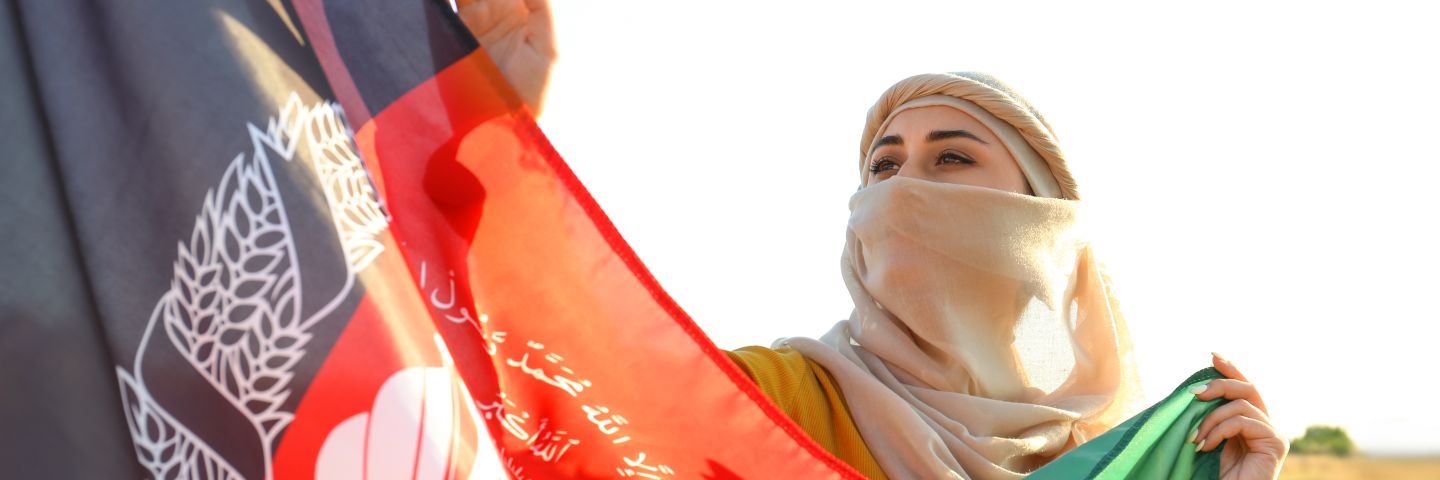About
The Judith Reppy Institute for Peace and Conflict Studies is an interdisciplinary program devoted to research and teaching on the problems of war and peace, arms control and disarmament, and more generally, instances of collective violence.
Since its establishment in 1970 as the “Peace Studies Program,” the Institute has worked to advance research, teaching, and policy about not only conflict, but also paths to peace. The study of peace goes beyond “security studies” by analyzing not only national security but also the more fundamental problem of human security, and by considering not only military-technological solutions but also alternate ways of structuring societies.
In its early years, the Institute developed strengths in many of the tools used to advance peace during the Cold War, such as the development of international norms, formal agreements to limit weapons development, scientific diplomacy, and transnationalism. Today, after nearly fifty years, it continues to expand into new areas, such as the relationship between climate change and conflict, and the governance of emerging technologies such as new social media and drones.
Focal Areas
The Institute is currently focused on four key areas.
Climate Change and Conflict
Many of the effects of anthropogenic climate change, such as rising sea levels, more frequent and intense droughts, and increased frequency and destructiveness of hurricanes and other storms, have the potential to create climate refugees and intensify conflicts around the world. We aim to identify and enact peaceful approaches to mitigating and adapting to climate change.
Nuclear Security
Many argue that nuclear reactors are a necessary part of the world’s transition to a carbon-free future, which is essential to mitigating climate change. However, nuclear power continues to complicate efforts to rid the world of nuclear weapons. Meanwhile, the world’s great powers still have enough nuclear weapons to destroy the world as we know it today. We aim to reduce the risks associated with both civilian and military nuclear technology.
Governance of Emerging Technologies
New information and communications technologies are transforming the ways that state and non-state actors project power and influence. In recent years social media has provided new means of conducting disinformation campaigns; drones have lowered the threshold for armed conflict, and cyberattacks on critical infrastructure have raised concerns about the ethics and legality of cyberwar. We examine how international governance can turn emerging technologies towards the cause of peace rather than war.
Human Rights, Race, and Gender
Racial and gender-based inequalities are pervasive in the United States and around the world. Racial inequalities are particularly evident in policing, incarceration, surveillance, and health outcomes. Additionally, conflict, security, and war are highly gendered; in times of conflict, women may experience heightened levels of sexual and gender-based violence, whereas men may be more likely to be killed. We are focusing attention on these inequalities and means of reducing them.
Student Voices
The Institute is distinctive for its focus on training new leader-scholars. Through its internships, prizes, and fellowships, it incentivizes both undergraduate and graduate students to work in peace and conflict studies. Its graduate fellows program has been particularly successful at encouraging young scholars to take leadership and organize new initiatives and events at the cutting edge of peace and conflict studies.
Debak Das, PhD Candidate
Debak Das, a PhD student in international relations and government, speaks to his experiences with the Judith Reppy Institute for Peace and Conflict Studies (PACS). PACS has offered him opportunities to engage with scholars across the intellectual sphere, find research funding, and develop himself as a scholar.
Thomas Nolan, Class of 2020
Thomas Nolan is a recent Cornell graduate who studied government and near eastern studies. He is currently working on a master's degree at Oxford University. His time at Cornell was shaped by the Einaudi Center's Reppy Institute for Peace and Conflict Studies, where he participated in the proseminar series and was a recipient of the Harrop and Ruth Freeman Prize in Peace Studies.
Activities
The Reppy Institute supports a number of activities during the year focused on our central missions of supporting student and faculty teaching and research, cross-campus interactions, and off-campus outreach. In addition to hosting workshops and lectures, the institute cosponsors a number of speakers, symposia, and other special events with diverse campus groups. Courses sponsored by the institute are listed within academic departments, which assign credit for them. There is a graduate minor field in Peace Studies and Peace Science. The Reppy Institute does not offer academic credit or an undergraduate major or concentration.

